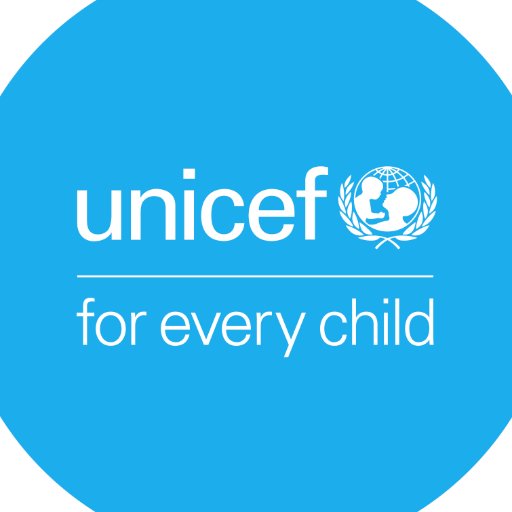UNITED NATIONS: The COVID-19 “pandemic is making a global childcare crisis even worse,” Henrietta Fore, head of the United Nations International Children’s Fund (UNICEF), warned Tuesday.
Fore’s remark came after the release of a UN study that shows at least 40 million children have missed out on early childhood education due to measures to combat COVID-19.
The research brief, published on Tuesday, looks at the state of childcare and early childhood education globally, and includes an analysis of the significant disruption from the widespread closures of these vital family services due to the pandemic.
The shutdowns have also left many parents struggling to balance childcare and paid employment, a situation that is placing a larger burden on women who, on average, spend more than three times longer on care and housework than men.
In poorer countries, the closures have made life even harder for many families with young children, for whom schools are an essential provider of a range of services, including nutrition, stimulation and the development of social, emotional and cognitive skills.
The study shows that, in 54 low- and middle-income countries with recent data, around 40 percent of children aged between three and five, were not receiving social-emotional and cognitive stimulation from any adult in their household.
The only option for millions of parents, particularly women working in the informal sector, who have no form of social protection available to them, is to bring their young children to work.
More than 90 percent of women in Africa and almost 70 percent in Asia and the Pacific work in such a sector.
UNICEF is calling for giving all children access to affordable and quality childcare, from birth to their entry into the first grade of school.
In the report, the agency is offering guidance for governments and employers on improving childcare and early childhood education policies.
Recommendations include the provision of high-quality and affordable childcare centers, paid parental leave for all parents, flexible work arrangements that address the needs of working parents, social protection systems, including cash transfers that reach families working in the informal sector.
“Education disruption caused by the COVID-19 pandemic is preventing children from getting their education off to the best possible start,” said Fore.
“Childcare and early childhood education build a foundation upon which every aspect of children’s development relies. The pandemic is putting that foundation under serious threat,” the UNICEF chief added. RSS









Comment